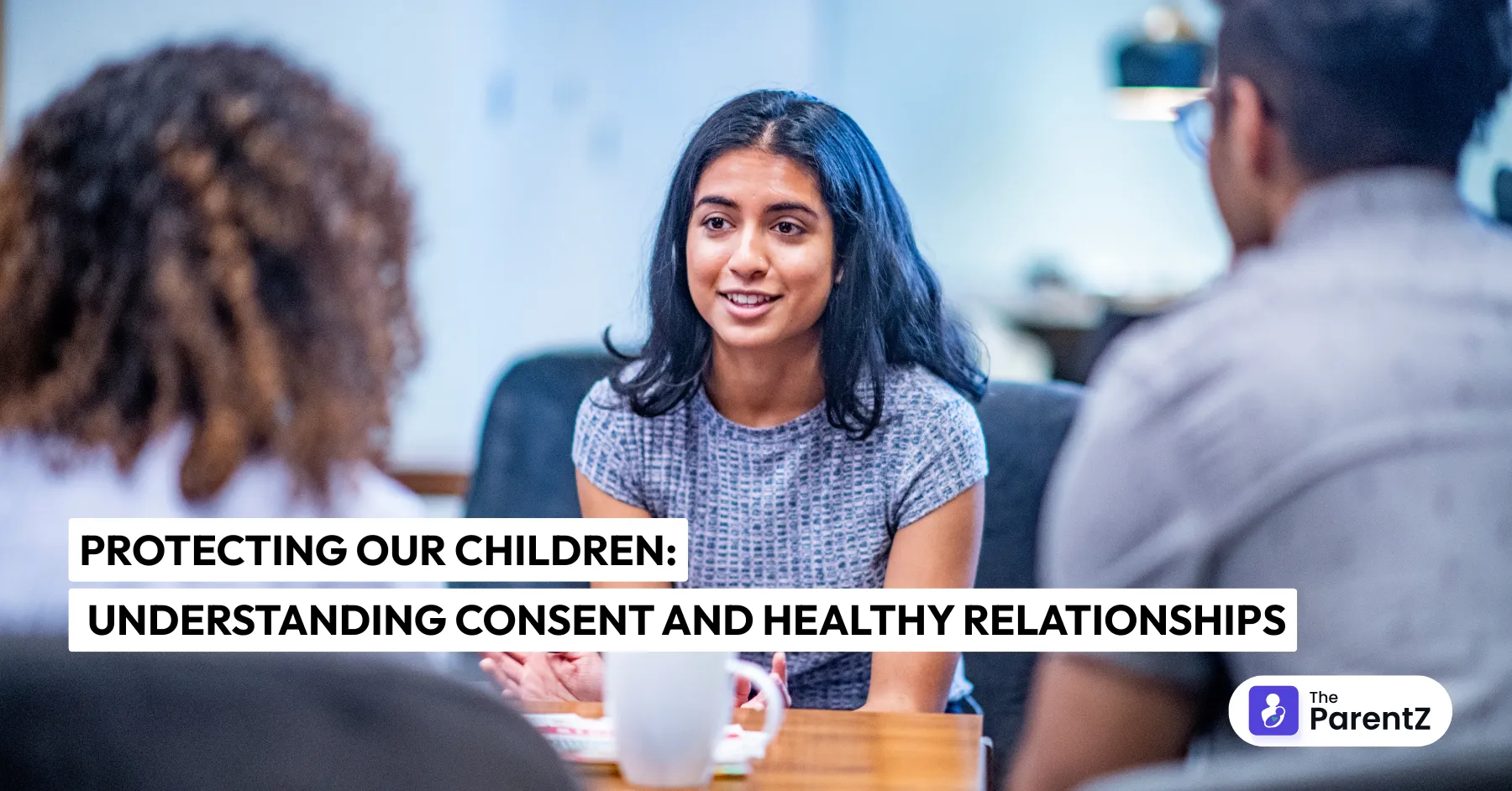Imagine your child scrolling through social media, bombarded by content that glorifies toxic relationships, normalizes emotional manipulation, and trivializes personal boundaries. Each swipe, each video, each trending sound bite chips away at the fundamental understanding of respect, consent, and healthy human connections. In a world where drama is currency and toxic behavior is entertainment, parents stand as the last line of defense—the critical voice of reason that can protect our children from becoming victims or perpetrators of harmful relationship dynamics.
The Stark Reality: Why This Matters
The statistics are more than just numbers—they're an urgent call to action. Consider these devastating facts:
- 15 million adolescent girls worldwide have experienced forced sexual encounters
- 1 in 5 women in the United States have experienced completed or attempted rape
- Nearly 25% of men have experienced contact sexual violence
- 81% of women and 43% of men report experiencing sexual harassment or assault
- 1 in 3 teens experience dating violence each year
These aren't just statistics. These are real people—potentially our children, siblings, friends—whose lives are forever changed by trauma that could have been prevented through education and awareness.
Breaking the Silence: Why Parents Must Step Up
Social media isn't just a platform anymore—it's a hunting ground. Predators don't need dark alleys now. They slide into DMs; they manipulate through likes, and they groom through seemingly innocent interactions.
81% of parents believe teen dating violence isn't an issue. EIGHTY-ONE PERCENT are blind to the war happening in their own homes, on their children's phones, in their children's hearts.
This isn't about scaring you. This is about SAVING them.
Every conversation you avoid is a weapon you're giving to potential abusers. Every moment of discomfort in discussing these topics is NOTHING compared to the lifetime of trauma your child might endure.
The Importance of Consent Education
Your body is YOURS. ONLY YOURS.
Consent is not merely a word; it embodies the principle of respecting oneself and others. Teaching children about consent from an early age lays the groundwork for healthy relationships. It is important to convey that consent is about mutual respect and understanding. Children need to learn that they have the right to make decisions about their own bodies and that they must also respect others' choices. This understanding fosters an environment where everyone feels safe and valued.
Practical Steps for Parents:
- Start Early: Introduce the concept of consent using age-appropriate language. For younger children, this could mean asking for permission before giving hugs or sharing toys. As they grow older, discussions can evolve into more complex topics regarding physical affection and personal boundaries.
- Model Consent: Demonstrate respectful behavior in your interactions. For instance, ask your child if it's okay to hug them or if you can borrow something from them. This teaches them to seek permission in their relationships.
- Encourage Open Dialogue: Create a safe space where your child feels comfortable discussing their feelings and experiences. Regular conversations about relationships can demystify these topics and help them articulate their thoughts.
Understanding Healthy Relationships
Healthy relationships are built on trust, communication, and respect. Unfortunately, many young people today are exposed to toxic relationship dynamics through social media, music, and popular culture, which often glorify red flags and unhealthy behaviors. It’s vital to counteract these influences by teaching children what constitutes a healthy relationship.
Key Elements of Healthy Relationships:
- Communication: Teach your child the importance of expressing their feelings openly and listening actively to others. Effective communication helps prevent misunderstandings and fosters stronger connections.
- Respecting Boundaries: Help your child understand personal space and the significance of respecting others' boundaries. Discuss how to recognize verbal and non-verbal cues that indicate comfort or discomfort.
- Conflict Resolution: Equip your child with skills to navigate disagreements constructively. Teach them that it’s okay to disagree but essential to resolve conflicts respectfully without resorting to aggression or manipulation.
- Recognize and Discuss Manipulation Tactics: Educate your children about: Gaslighting, Love bombing, Emotional blackmail, Guilt-tripping, and Controlling behaviors.
Conclusion
When we don't talk about consent, we're telling predators: "Go ahead. No one will stop you." When we don't discuss boundaries, we're teaching our children: "Your discomfort doesn't matter." When we avoid these conversations, we're basically handing over our children as victims.
So, stay informed, be patient, and create an environment of trust and open communication.
Your commitment to having these difficult conversations could literally save your child from trauma and help them build fulfilling, respectful relationships.
TALK. LISTEN. PROTECT.
Because silence is no longer an option.








Be the first one to comment on this story.